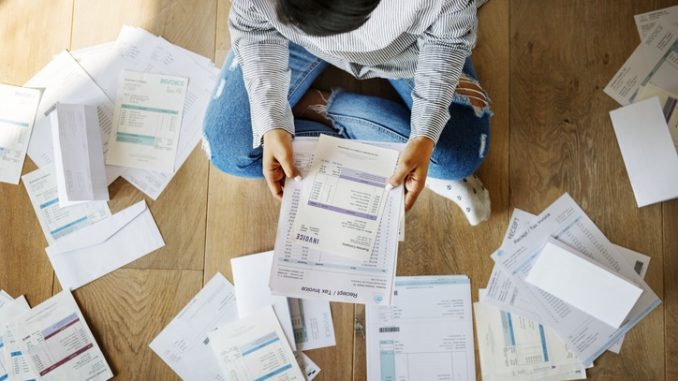
Patients call their GP for debt advice and help filling in forms
This is an edited version of an article first published by Doncaster Free Press.
Patients with needs that could be better dealt with by more suitable experts could soon be diverted from their GP.
Health bosses have unveiled their first ‘care navigators’ under a project which is intended to ease the pressure on the borough’s GPs and make greater use of other services being introduced by surgeries.
Based on the reception desks at surgeries across the borough, they are due to be the first contact point when you ring.
Among the first to take up the new roles, following a programme of training, are Zoe Reeves, Tracy Scutt and Debbie Turner.
Zoe, who is based at the West End Clinic in Rossington, has been working as a receptionist there for six years. She was put forward for the new role by the practice manager.
She said: “There is an element of this that we’ve always done, but it’s never been badged up in the way that it is now. We have known what the nurse can deal with, but its about putting it all together.
“Every nurse is different, but we’re trained up to know what each of them can deal with.
“We don’t have many who ring up and don’t want to tell us the problem. People are usually just keen not to be having to wait a long time for an appointment.
“We have had training from an expert in Wakefield, with four of us trained as the first wave for Doncaster. There are supervisors going in and training practices that are not already doing it.”
The plan is to end some of the more unusual calls on GP time.
People had at one stage been calling their GPs to seek help filling in forms for Personal Independence Payment applications, money made available to people with disabilities. Care navigators are now referring the calls to organisations such as Dial Doncaster, a disability support group.
What is known as social prescribing is also something many of the new navigators had not encountered before. It means people are referred to organisations within the community who can help with issues such as debt advice and loneliness, which have also been issues that people contact their doctors about.
Tracey, who worked as a hairdresser before starting a job at Thorne Moor Medical Practice, has been working on NHS receptions for 15 years.
She said: “There are more services now that are available through the practices. There is more self referral such as podiatry, minor ailments, physiotherapy and physiotherapists.
“I think most people are happy to be guided by us now, but some will say that they just want to see a doctor.
“If they want to see a doctor, we will book them in to see a doctor. Some are adamant. If something is urgent then we would still see them that day.
“I think people want to get to the right place quickly and not have to take lots of afternoons off work.
“The initial training provided a lot of information about things like what can be done by people like pharmacists, and improving access to psychological therapy. We also learned about things like social prescribing.
“It has been about knowing what extra services there are now and how we can guide people. Half of the ones we have been told about we hadn’t known existed.”
Debbie has worked at the Sandringham Practice, in Intake, for nine years. She stayed on in the job after initially starting as maternity cover.
She said: “People will often initially say that they want an appointment with the doctor. In our practice for instance, there is a lot that can be done by the practice nurse. I’ll ask them for a brief idea of the problem, although some people will go into detail.
“If people realise that they can be seen on the same day, they’re usually quite happy, even if it’s not with the GP, especially if we explain that the nurse can prescribe and are trained to deal with their issues. I think it is getting less and less that people insist on a GP.
“But we are not medically trained to judge what is urgent.
“If something is personal, then they will say that it’s personal, and if they say they just want to see the GP, they can do so. We will still ask if it is urgent for today. It is not about putting up extra barriers.”
Don’t forget to follow us on Twitter, or connect with us on LinkedIn!

Be the first to comment